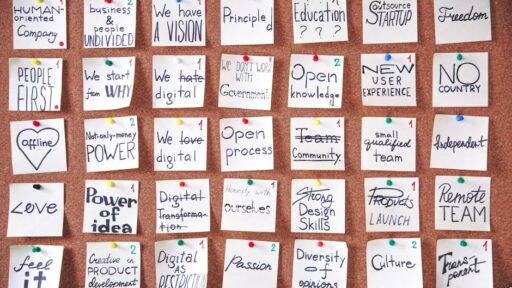Harnessing Behavioral Competencies for Workplace Success
In the ever-evolving modern workplace, behavioral competencies have emerged as a cornerstone for fostering a productive and harmonious environment. These competencies, often referred to as soft skills, encompass the personal attributes, attitudes, and behaviors that facilitate effective teamwork, communication, and professional growth.
Behavioral competencies extend beyond technical know-how to include critical interpersonal skills such as communication, adaptability, teamwork, problem-solving, and emotional intelligence. These traits contribute significantly to creating a positive organizational culture, enabling employees to build strong relationships, navigate challenges, and achieve their objectives effectively.
Key Behavioral Competencies
Understanding and implementing key behavioral competencies can transform workplace dynamics:
- Communication Skills: The ability to convey information clearly and understand others is foundational for building strong relationships and resolving conflicts.
- Adaptability: Embracing change with an open mind ensures that individuals and teams can thrive amid evolving circumstances.
- Teamwork: Collaborative efforts towards common goals are enhanced by mutual respect and valuing diverse perspectives.
- Emotional Intelligence: The capacity to manage one’s emotions and understand others’ feelings plays a vital role in fostering a supportive and empathetic work environment.
- Problem-Solving: Creative and analytical thinking in addressing challenges is crucial for driving innovation and efficiency.
Enhancing Behavioral Competencies
Organizations can nurture these competencies through targeted training, feedback, and creating opportunities for employees to practice and refine their skills. Encouraging a culture of continuous learning and openness to feedback can significantly enhance these competencies.
The Impact on Organizational Success
Prioritizing behavioral competencies not only boosts individual performance but also cultivates a resilient and cohesive workforce. Employees equipped with strong interpersonal skills contribute to positive work cultures, cohesive teams, and are adept at navigating change, ultimately leading to increased productivity and organizational success.
By recognizing and fostering behavioral competencies, businesses can ensure their workforce is well-equipped to tackle the dynamic challenges of today’s competitive landscape, driving sustained growth and success.





